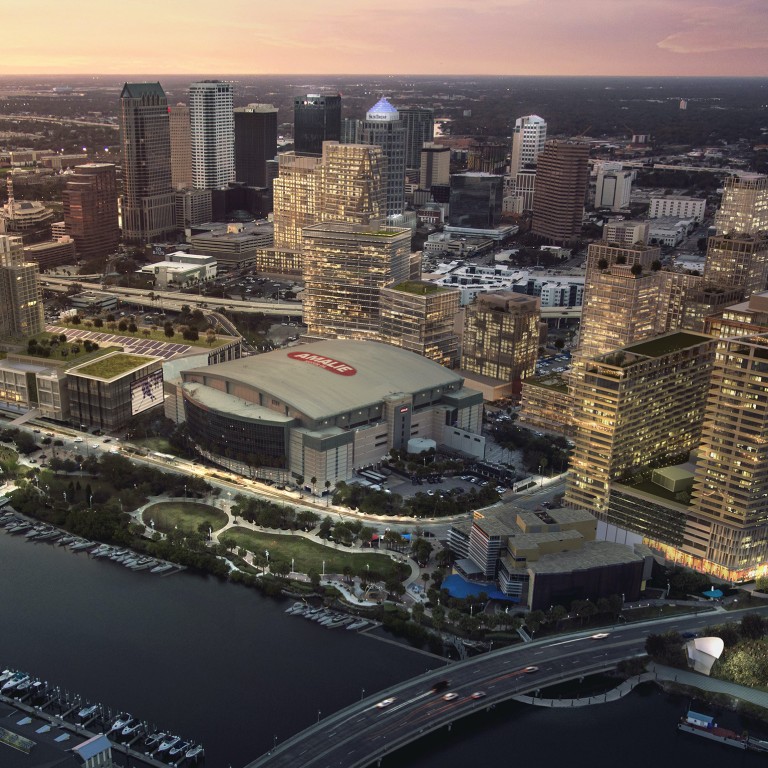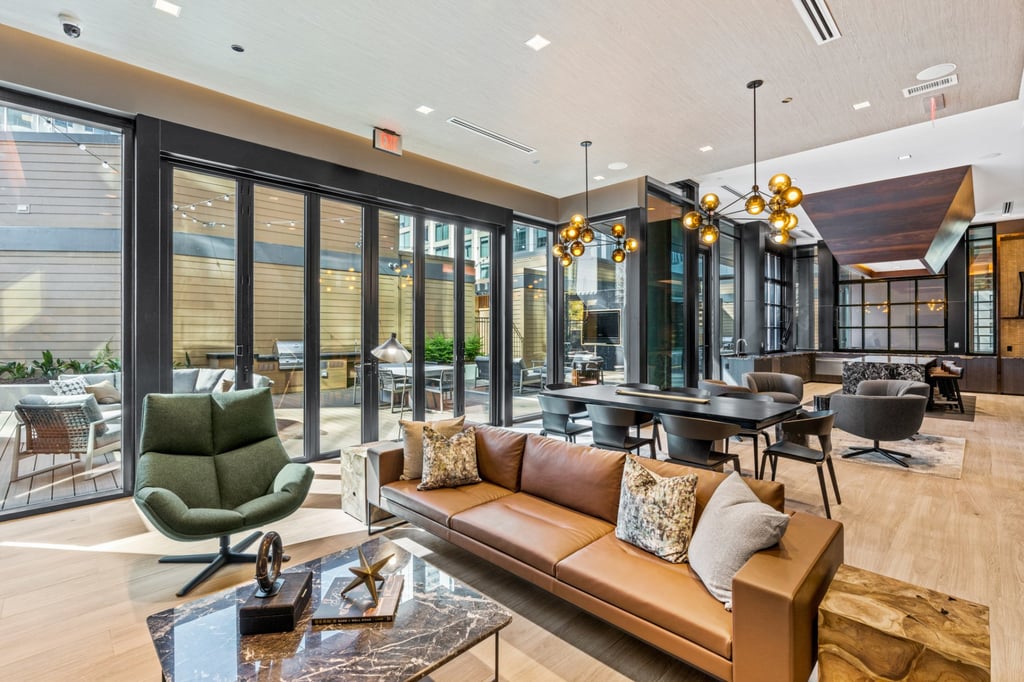Is Silicon Valley no longer start-up central in the US? 5 southern cities drawing tech companies like Tesla and Apple away from California to Texas, Georgia, Arizona and Florida

- High tax rates and labour costs, punitive regulations and declining quality of life in Silicon Valley, California are leading to the likes of Uber, Oracle and Microsoft setting up sites elsewhere
- New developments include Atlanta’s 40 West 12th, Dallas’ Hall Arts Residences, Phoenix’s Scottsdale Entrada, Giorgetti Houston and Water Street Tampa
And as companies relocate, developers are meeting their workforce’s accommodation needs with new luxury residential projects that provide a Silicon Valley/New York-inspired urban live-work-play lifestyle.
Atlanta, Georgia

Christa Huffstickler, of Engel & Völkers Atlanta, says affordability is a major factor in this emerging trend. Other factors common among drawcard cities include milder climates, looser regulations and incentives that fast track start-ups.
“In Atlanta, for example, a lot of things collectively contribute to why we’re starting to see expansion of Big Tech to other markets,” she said.
“The state is culturally diverse, and will continue to benefit from the talent pool graduating from historically-backed colleges and universities. Lower cost of living enables companies to reduce costs, and the world’s busiest airport (Hartsfield-Jackson Atlanta International Airport) allows easy connectivity to global hubs.”
Microsoft is coming in tranches, bringing 15,000 jobs into Atlanta, while Google has leased 500,000 sq ft of office space and is “moving in now”, Huffstickler added. Visa, in announcing its new office last September, said that several of the company’s global and regional leaders would be relocating to Atlanta to support an employee base expected to grow to around 1,000 over the next few years.

Within 1105 West Peachtree, the mixed-use development where Google is setting up shop, is 40 West 12th, a 16-storey condominium described as the most luxurious new high-rise in Midtown Atlanta.
Three buildings housing the condos, the Epicurean hotel and a grade A office tower all converge at the ninth floor Sky Terrace, a one-acre private park hosting regular events and programmes. The space offers a movie lawn, restaurant and pool bar, resident-only barbecue and lounge areas and more.